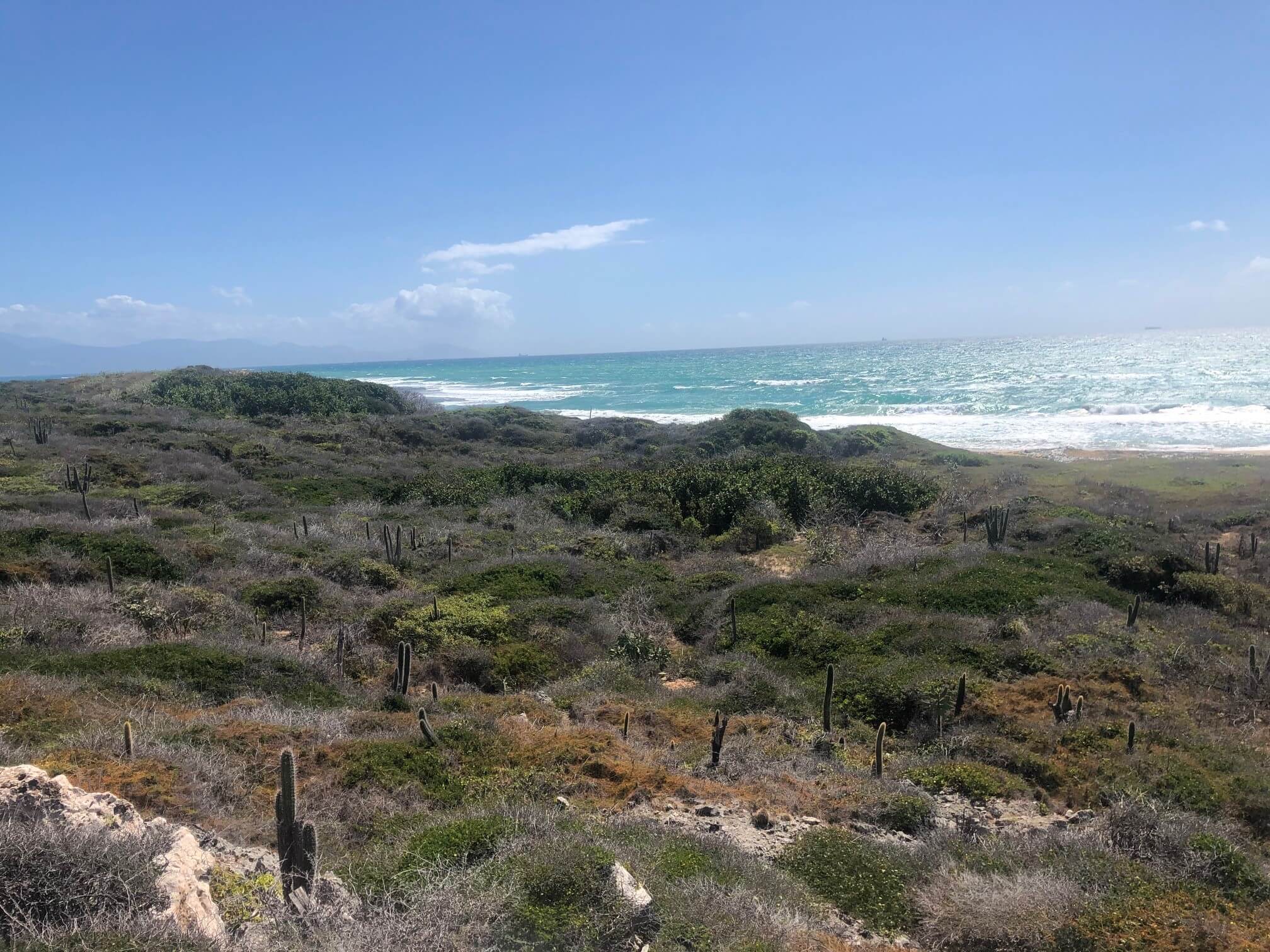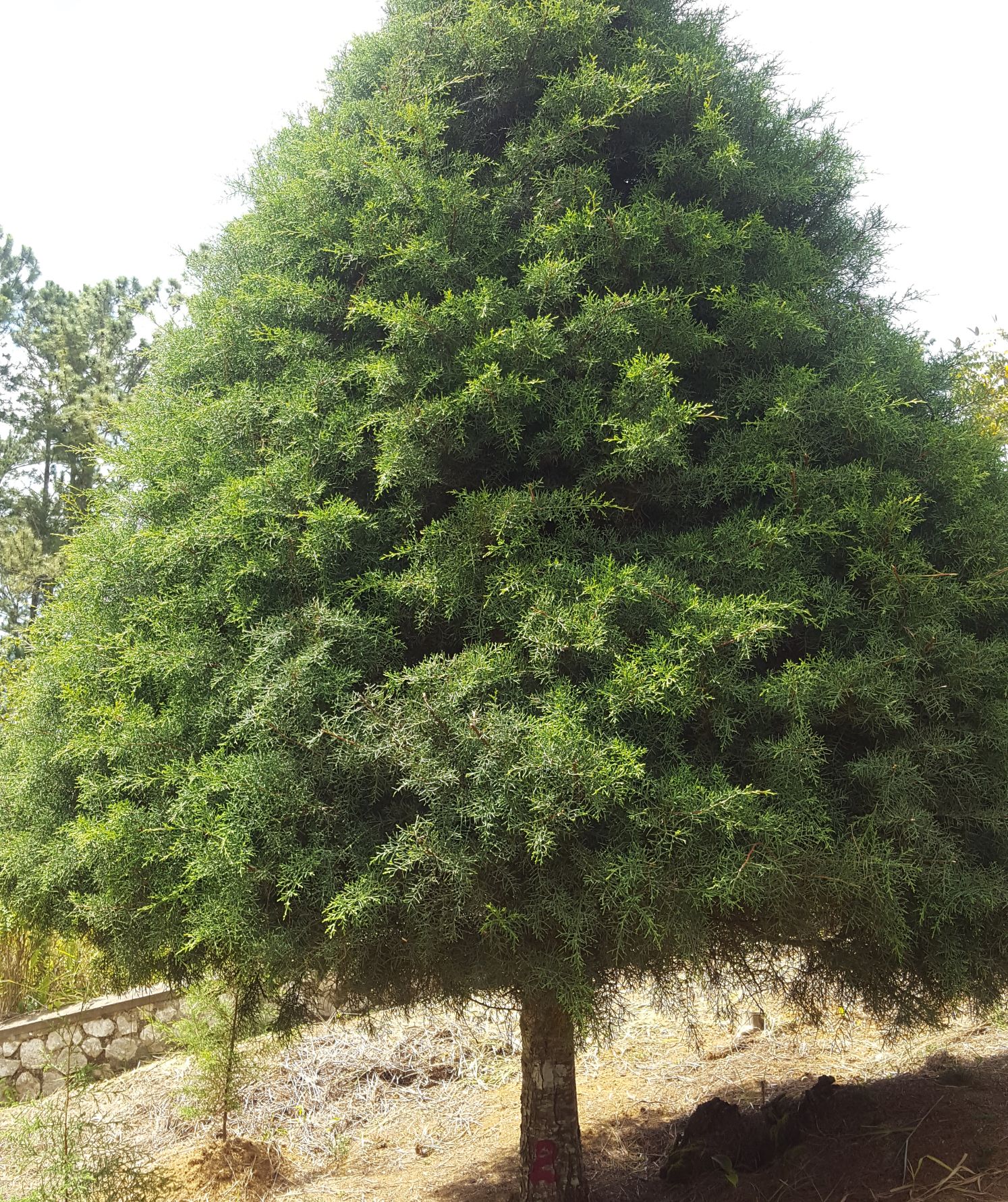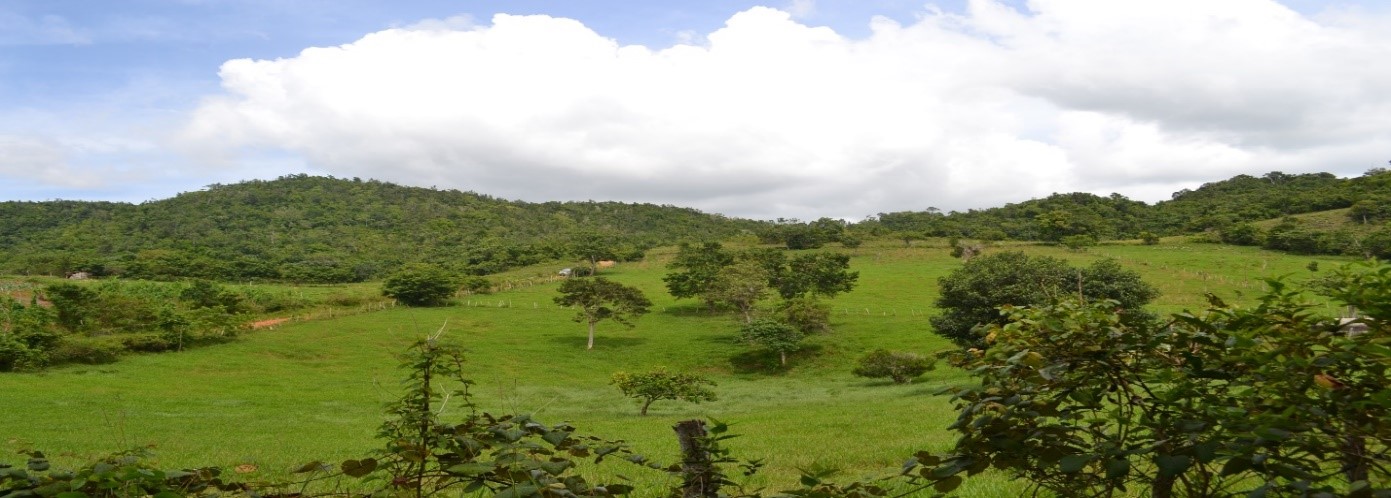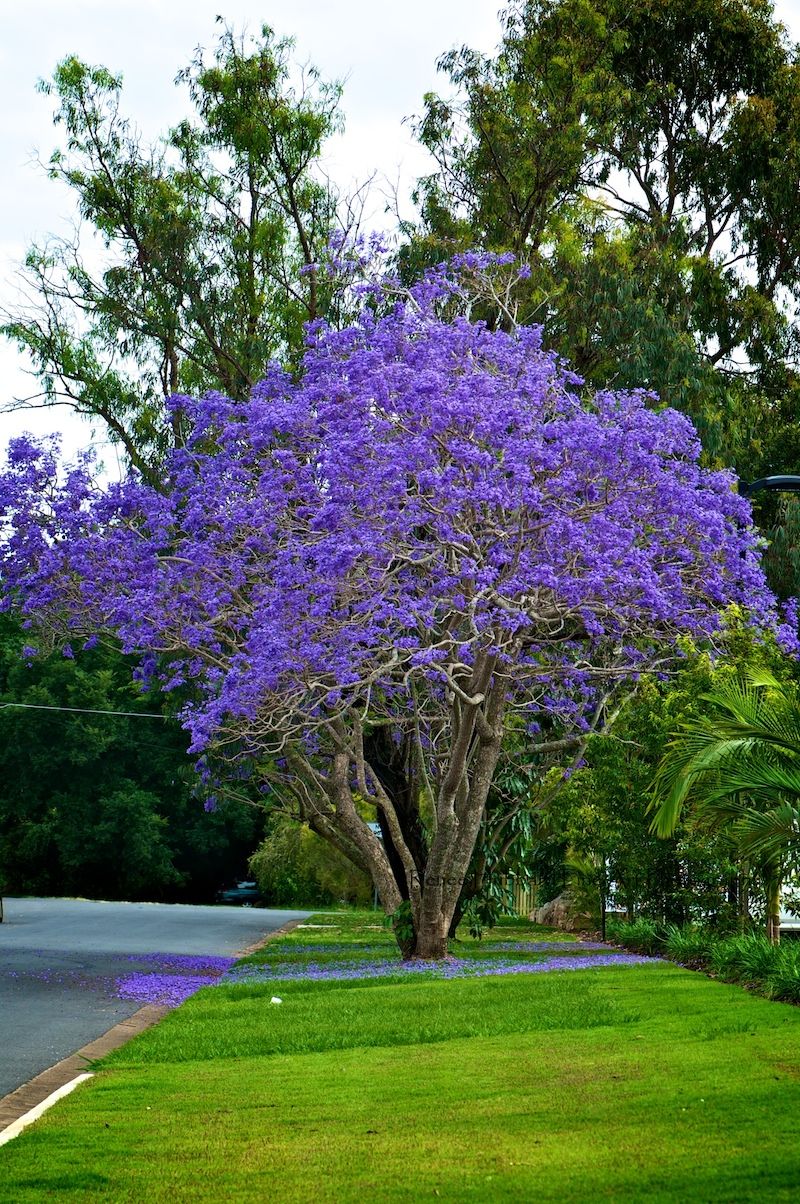Latest Blog
The Forestry Department held its fifth Private Forestry Programme (PFP) Technical Transfer on February 15, 2023 in the North East Region in Annotto Bay, St. Mary. The training made its debut in the 2016/2017 financial year and is usually held once annually in one of the Agency’s regions of operations.
Mrs. Shawnette Russell-Clennon, the Private Forestry Coordinator, gave a background on PFP transfer, commented on the session held recently in the North East Region and briefly commented on the way forward.
Who is the target audience of the PFP transfer?
The target audience for this session is registered PFP planters who plant on a small or large scale, and are willing to participate in the session.
What is the objective of the Private Forestry Programme Technical Transfer?
The main objective of the PFP Technical Transfer session is to share knowledge and transfer technical skills to registered planters who are beginners and those with established plots. The planters will also get the opportunity to share their knowledge with each other based on their individual experiences. This approach will allow each planter to practise information shared and enhance their technical skills to maintain the PFP plots effectively for commercial or conservation purposes.
What were the focus topics of the most recent transfer?
The focus topics were:
- Land Preparation
- Matching Species to Site
- Weed Control
- Pest Identification
- Pruning & Thinning
How can the target audience benefit from the transfer in short to long-term?
Short - term benefits:
- For beginners, only three (3) consistent years of constant care is required to establish a plot with forest trees
- An opportunity to correct practices that are not aligned with the recommended silvicultural practices.
- Enhanced ability to care for the trees.
- Increased knowledge to maintain trees for a long-term benefit.
Long-term benefits:
- Better quality trees produced for merchantable timber.
- Financial gains for pensionable years
- Generational benefits /wealth
- If the trees were planted for conservation the benefits would be: increased tree/forest cover; increased property value; increased environmental benefits, e.g. climate change mitigation, soil conservation.
- Land declaration if the planter owns large parcels of land inclusive of natural forest.
- If the planter does agroforestry, he or she can benefit from duty concession through the Rural Agricultural Development Authority (RADA), once they meet the specified requirements, that is the possession of farm equipment and vehicle.
What, if any, are the plans in place to improve the PFP transfer package for the target audience?
The development of a handbook is far-advanced. The handbook will make technical knowledge readily available and reinforce information on topics shared during the technical transfer.
What were some of the needs expressed by the audience during the session and how will the Agency address them overtime?
- Collaborate with RADA to develop the presentations especially in Pest Identification: Create a detailed presentation on Pest & Disease Identification then target different communities.
- Involve youths by providing an incentive to get their buy- in in the reforestation efforts.
- Conduct forest fire management sensitization session in different communities.
- Availability of seedlings in the desired species and quantities
- Training in timber harvesting & germination processes
- Promote environmental projects: protection and preservation of the natural environment such as the water sources and habitats.
Senior Management will receive a report on the concerns so tha actions for redress can be incorporated in the Agency’s Corporate and Operational Plans and a strategic approach employed overtime.
When and where will the next transfer be held?
The next session will be held in the 2023/2024 financial year in the South West Region (Western Zone).





